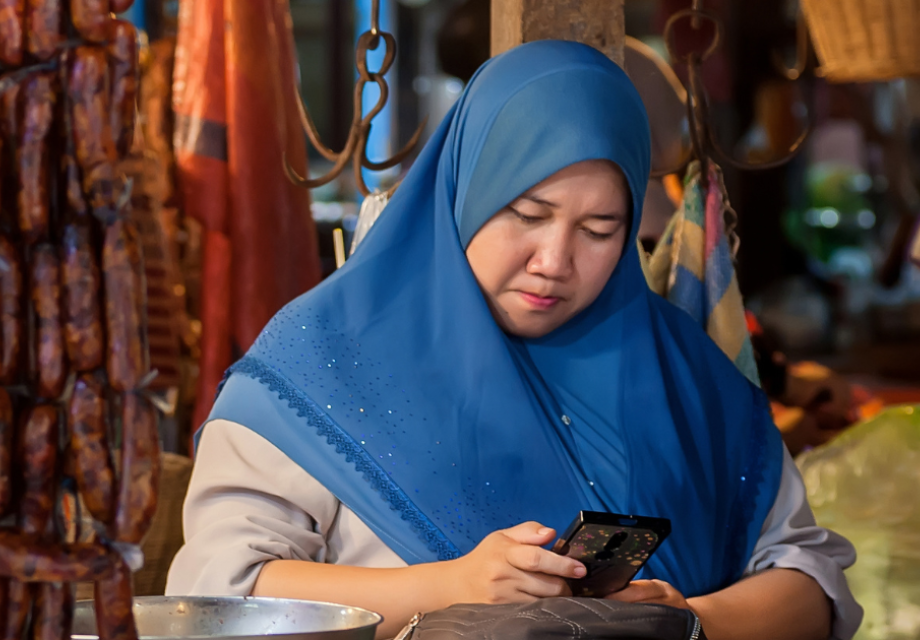What do healthcare workers really think of mHealth?
Hester Phillips
23 September 2022
Healthcare workers feel positive about using mobile phones to increase sexual and reproductive health information and services in rural areas, but barriers exist
Researchers have examined the views of healthcare workers in 12 countries on using mobile phones to provide sexual and reproductive health (SRH) information and services in rural areas.
What is the research about?
Healthcare workers were interviewed on using mobile technology to do their jobs (also known as ‘mHealth’). All the healthcare workers had used text messages, voice messages, interactive voice responses and calls to provide SRH information and services.
The studies were done in Bangladesh (two studies), Kenya (three studies), Ghana, Malawi, Tanzania, Lesotho, Nigeria, Uganda and Cambodia.
Why is this research important?
People living in rural areas struggle to access SRH information and services. Often, people have to travel long distances for services, which costs time and money. As a result, rates of unplanned pregnancies, sexually transmitted infections (STIs) and maternal deaths are high.
Increasingly, mHealth is being used to fill SRH service and information gaps in rural areas. So, it’s important to understand how successful these programmes are.
What did they find out?
Healthcare workers said text messages were the most efficient mHealth intervention. This is because text messages can communicate multiple SRH messages to lots of people, all at the same time.
Most healthcare workers thought mHealth was a good thing. They said it helped bridge SRH communication gaps, particularly in providing STI information to women.
Healthcare workers said mHealth SRH interventions:
- saved consultation time
- enabled task shifting
- reduced travel costs (for healthcare professionals and clients)
- enabled easy referrals and follow-ups
- enabled SRH information to be communicated confidentially, reducing fear and stigma linked to face-to-face appointments
- made services more efficient.
But healthcare workers also described barriers to mHealth. Challenges included:
- unreliable mobile networks
- limited power for charging mobile phones
- limited places to buy mobile credit
- the cost of mobile credit and mobile phones (sometimes, healthcare workers paid for mobile phones costs themselves so they could provide services)
- limited technological skills (healthcare workers and clients)
- language barriers.
Healthcare workers also spoke of the burden of having to make and receive lots of texts and calls to and from clients. Some also said social norms, especially for women, made it difficult to provide mHealth services and information to everyone.
What does this mean for HIV and SRH services?
mHealth could bridge a gap in SRH services and information in rural areas. But for this to happen, barriers need to be addressed.
To ensure strong internet connectivity, there is a need for fibre optic cables in rural areas. Free public Wi-Fi should be made available so that people can access the internet. Alternative power sources, such as solar panels for charging phones, would also help.
Some people’s lack of confidence in using mobile phones also needs to be addressed. This can be done through simple training sessions. It is also important to identify and address whether people have limited reading and writing skills, as this is key to making mHealth work.
It is important that healthcare workers are not left out of pocket by subsidising costs. Creating a hotline for SRH services could also reduce the burden that healthcare workers experience, as this could reduce the number of individual calls and texts they have to make. Training more healthcare professionals on mHealth could also relieve this burden.
Overcoming social norms that can stop some people from owning or accessing mobile phones is another issue. Working with rural community leaders and influential community members is one way to do this.
Get our news and blogs by email
Keep up-to-date with all our latest news stories and blogs by signing up to the Be in the KNOW news digest.
